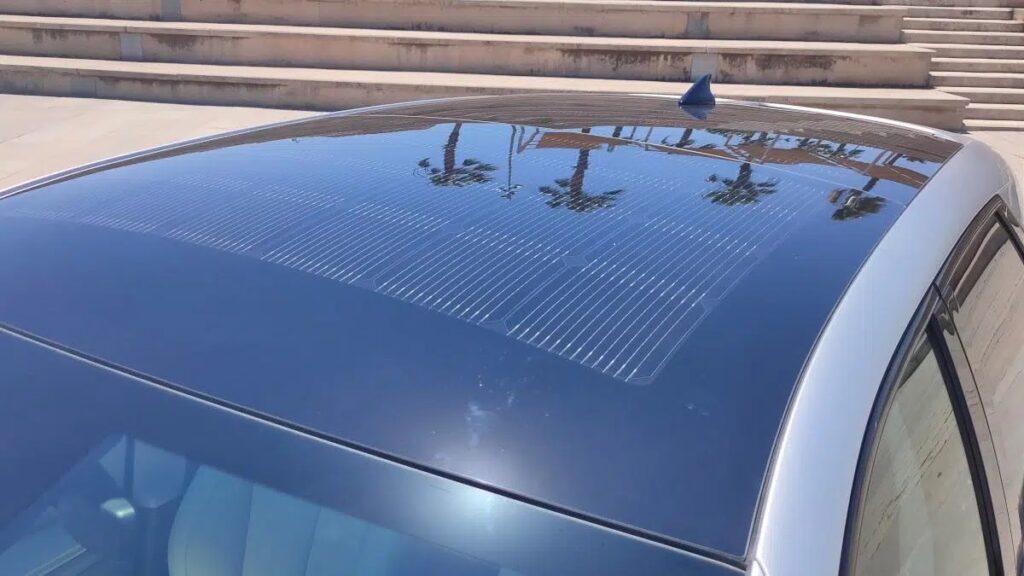While the concept of integrating solar panels into electric vehicles (EVs) seems promising, there are several practical challenges that have prevented widespread adoption of this technology. Some of the key reasons why solar panels are not yet commonly integrated into every electric car include:
- Limited surface area: The surface area available on most vehicles is not sufficient to generate a significant amount of electricity from solar panels. Even the most efficient solar panels would struggle to provide enough energy to power an entire electric vehicle solely through solar energy.
- Weight and cost considerations: Adding solar panels to a vehicle increases its weight and cost. This additional weight can affect the overall efficiency and performance of the vehicle, potentially offsetting the benefits of the generated solar power.
- Energy efficiency: The energy required to manufacture and install the solar panels on the vehicle may exceed the energy they can produce during the lifespan of the vehicle. This issue raises questions about the overall environmental impact and cost-effectiveness of integrating solar panels into every electric car.
- Charging infrastructure: Currently, the most practical way to charge electric vehicles is through dedicated charging stations or home charging units. The infrastructure for solar-powered charging stations is not yet widespread or efficient enough to fully support the energy demands of electric vehicles.
- Technological limitations: The efficiency of current solar panel technology is not yet high enough to provide significant power to an electric vehicle. While research is ongoing to improve the efficiency of solar panels, advancements in this technology are needed to make solar-powered electric vehicles more feasible.
- Aesthetic concerns: Integrating solar panels into the design of a vehicle can present aesthetic challenges for designers and consumers, affecting the overall look and appeal of the car.
While there are ongoing efforts to develop and incorporate solar technology into electric vehicles, the current limitations in efficiency, practicality, and cost-effectiveness have slowed down the widespread adoption of solar panels on every electric car. However, research and development in the field continue, and it is possible that future advancements may overcome these challenges, making solar-powered electric vehicles a more viable option in the future.


